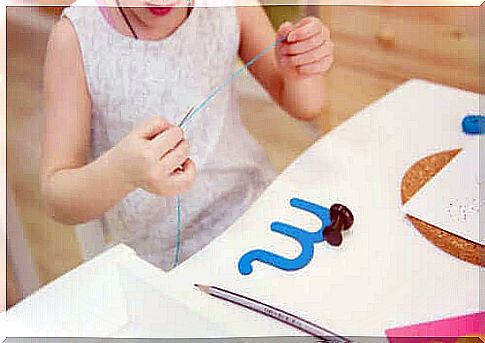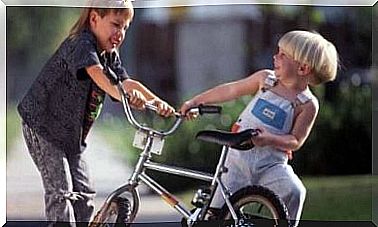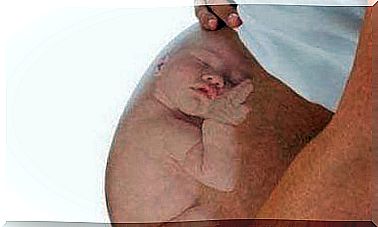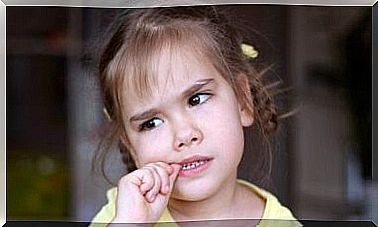The Absorbing Mind According To Maria Montessori

Maria Montessori’s research with children between the ages of 0 and 6 concluded that these young people learned almost immediately. She compared them to a fungus as they unconsciously absorb all the information from the various stimuli they encounter in their environment. From this arose the concept of the absorbing mind.
The absorbing mind in children according to Montessori
Maria Montessori said that the most important thing for children’s learning is that they can live their own experiences according to their own rhythm and needs. These experiences will help children acquire mental maturity.
So what is Montessori referring to by the term “absorbing mind”? It is the state of mind that children have that helps them assimilate all the experiences they have. At the same time, it enables them to analyze these experiences and incorporate them into their learning. They do this unconsciously during the first 3 years of their lives. Next, they become consciously aware of it over the next 3 years.
The absorbing mind also helps children lay the foundation for the development of their mental and social identity. Maria Montessori established the period of childhood as a crucial stage of a person’s development. For that reason , it is important to provide children with a good education that encourages and offers them the necessary resources to learn and build their identity.
How is the development of the absorbent mind in children? Sensitive periods
Another thing the teacher discovered was that the mind does not absorb in the same way at all ages. Children focus their attention on the stimuli that are around them, depending on what they need for their growth and development. For that reason, children concentrate on or pay attention to some things and not to others.
In this way, they acquire knowledge almost without effort and for the sake of pleasure, as they approach the things that interest them. These interests depend on each child’s stage of development, and they are usually temporary. That’s why Montessori calls them “sensitive periods.” Sometimes, however, these can overlap and their intensity and duration can vary.
So what are these sensitive periods about?
The sensitive period of order (from 0 to 6 years)
During this period, and especially during the first 2 years of life, children show a great interest in the classification and categorization of everything around them. Order facilitates this.
The sensitive period of movement (from 0 to 5-6 years)
In this phase, children are partially interested in movement and that movement around. This is even more the case if they have already learned to walk.
The sensitive period of language (from 0 to 7 years)
During this period, children learn a wide range of words, without anyone teaching them. They acquire them autonomously based on experiences with stimuli in their environment.
The sensitive period of the senses (from 0 to 6 years)
During this stage, children develop their senses. From birth, children have an active sense of hearing and sight, but as they grow up, they acquire a greater sensitivity. This then allows them to learn through taste, touch and smell.
The sensitive period with small objects (from 1 to 6-7 years)
During this age range, children have a special interest in small objects and show a greater need to pay attention to details.
The sensitive period of social life (from life in the womb to 6 years)
This refers to children’s need to relate to their peers, in addition to the process of acquiring the rules that are important for good coexistence in society.
According to the absorbing mind of children…
As you have seen, the absorbing mind is a concept introduced by Maria Montessori and it refers to the particular mental capacity of children in certain age groups. Children have, depending on their age, different interests according to the stimuli that are around them. Like their absorption capacity, their minds absorb depending on the needs they have through their development.
For this reason, it is important that the educational methods used for children not only promote the development of their intellectual capacities, but also encourage language and are adapted to each sensitive period.









